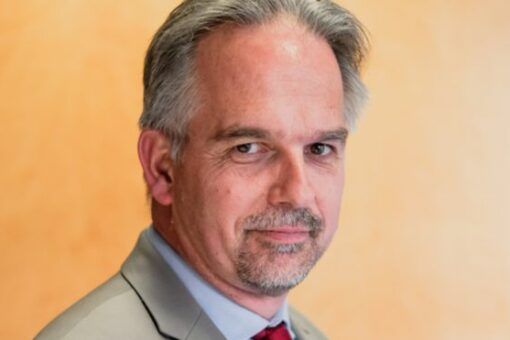I believe medical organisations should be neutral on assisted dying

This is a complex debate so it is not surprising that doctors hold a range of views on the issue. But our patients are less divided and I think it is wrong for the medical profession to place itself in direct conflict with the wishes of the people we care for.
What’s more, there is ample evidence that the law is failing dying people. It cannot be right that only those who can afford to travel to Dignitas have this option. Those that do travel overseas often have to die sooner than they might otherwise choose to, because of the need to be well enough to travel. Meanwhile their families, friends and often doctors risk criminal prosecution for any help they provide. Others feel no other option but to take matters into their own hands in this country, often in traumatic circumstances. These cases occur behind closed doors, without any protections for potentially vulnerable people. Critically, despite the best efforts of palliative care specialists, there are examples of people experiencing unimaginable suffering at the end of life.
A neutral stance acknowledges these problems without giving a rubber stamp to law change.
On the contrary, a more balanced approach would allow doctors to engage constructively in the debate, offering our expertise to ensure proposed legislation has the best possible safeguards in place for doctors and our patients.
This issue is not going away and the UK is beginning to fall behind the rest of the world, with assisted dying now a legal option for 100 million people in the USA, Canada and Australia.
The medical professional has a responsibility to drop its outright opposition to law change.